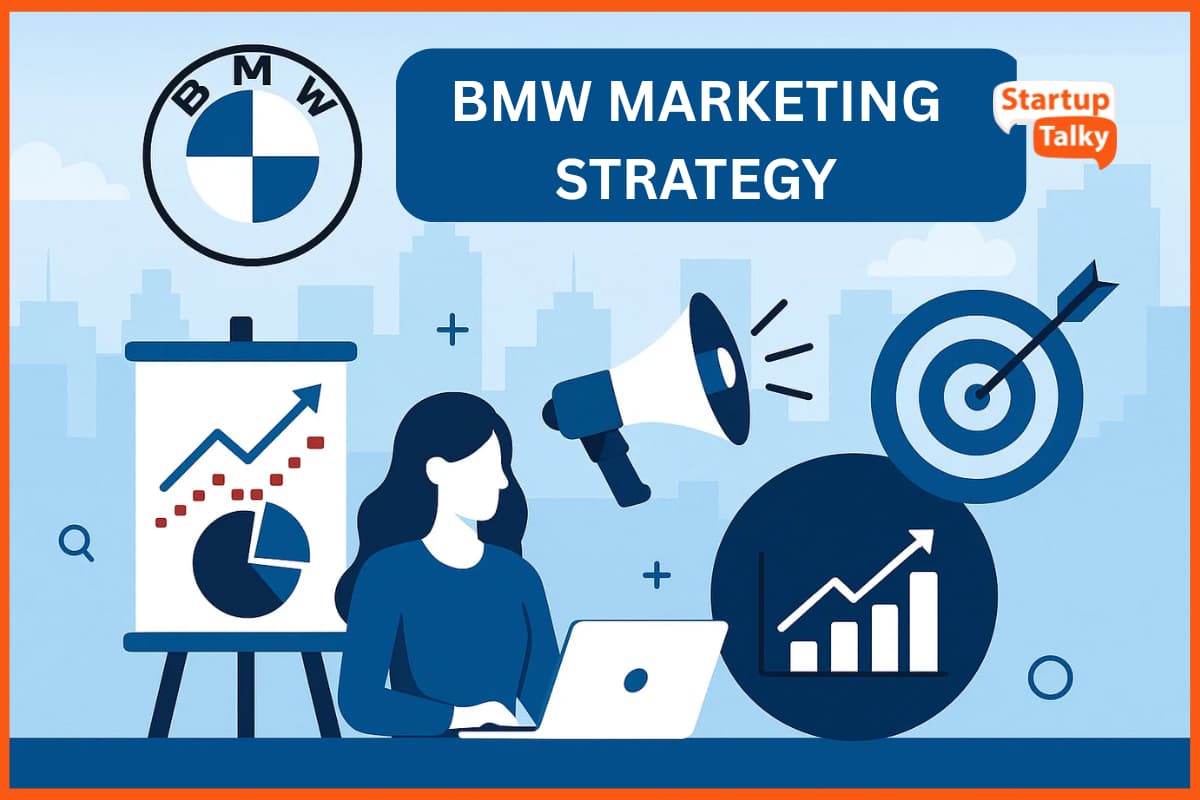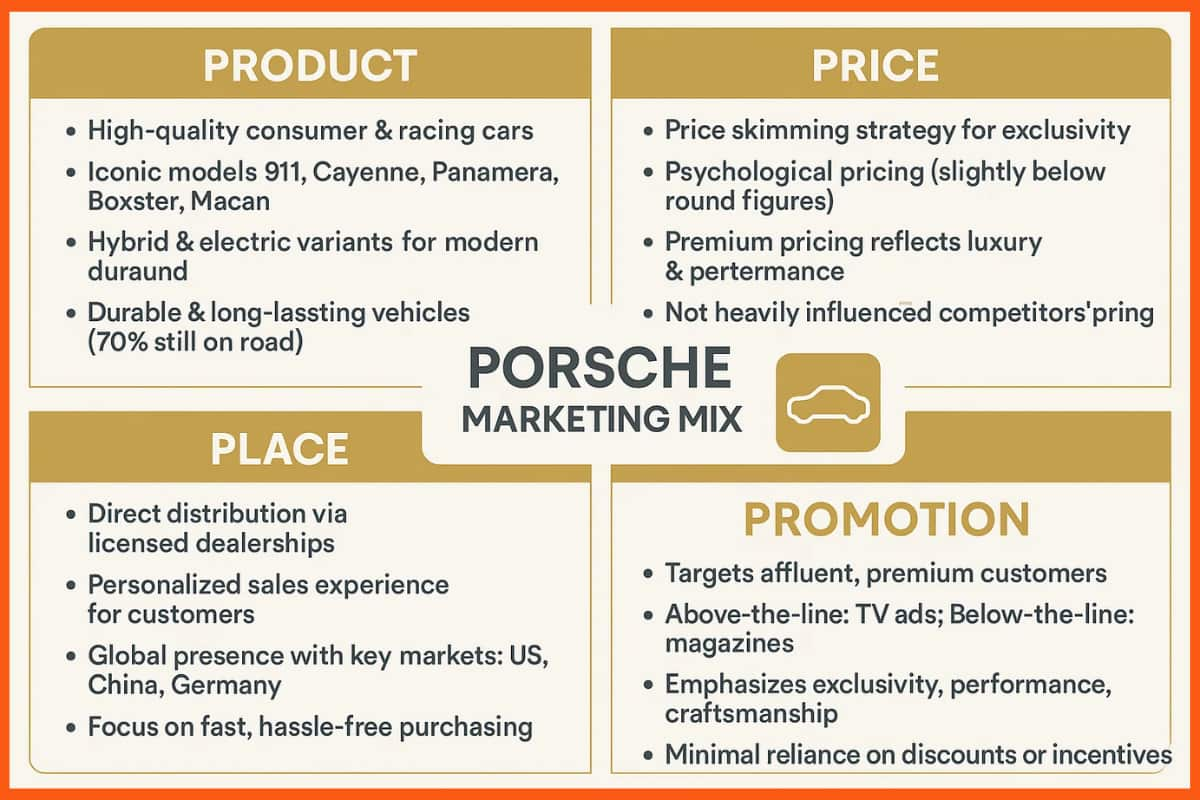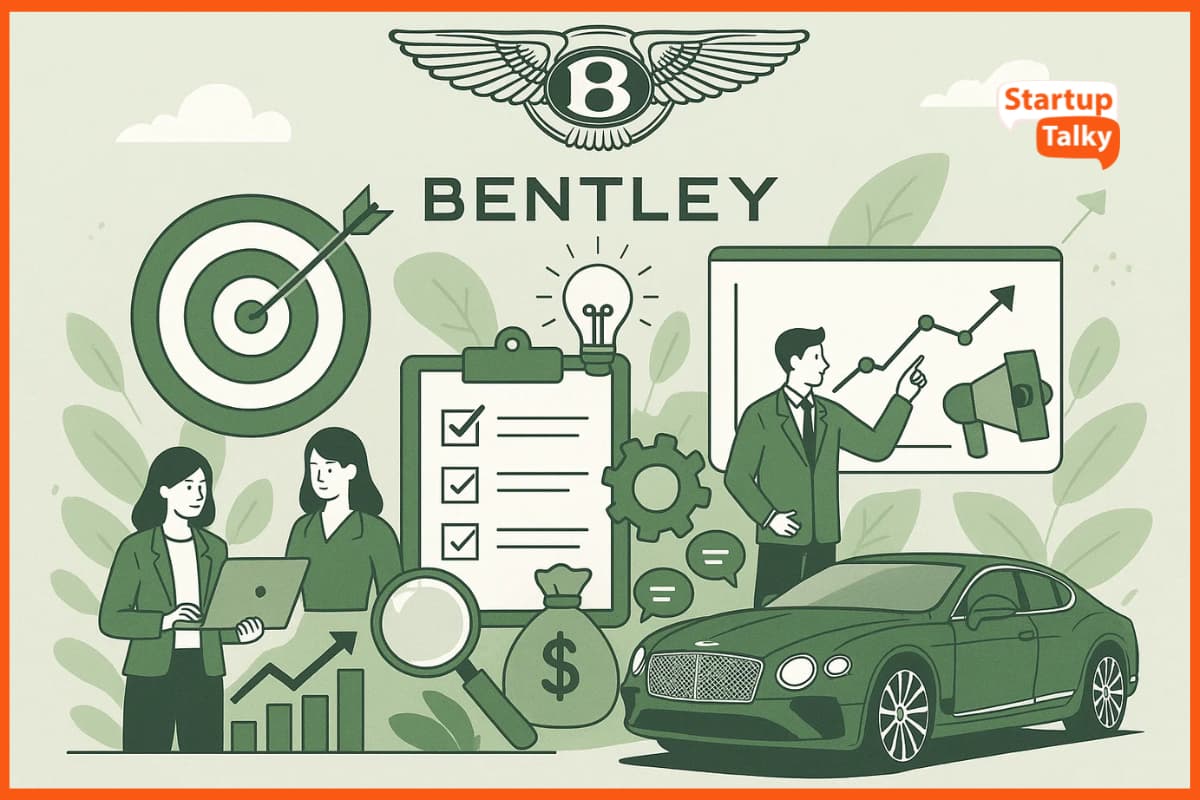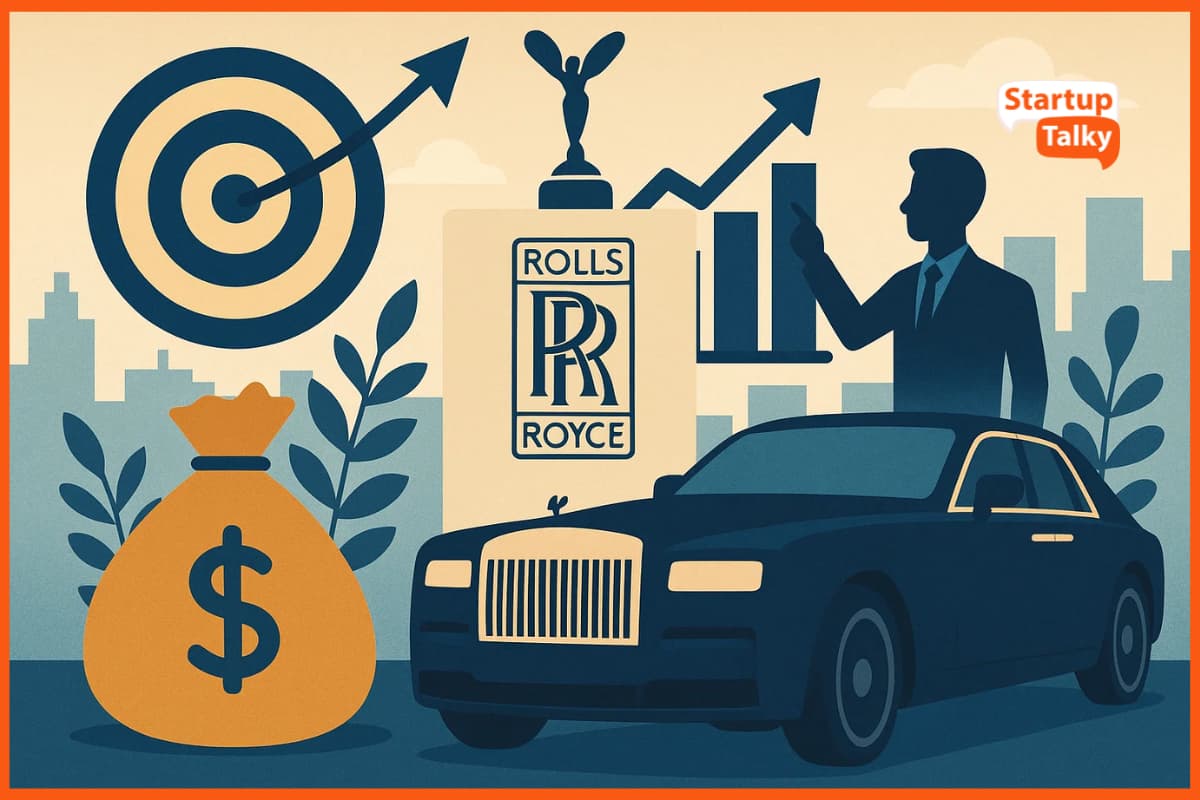Porsche, a name synonymous with exhilarating high-performance automobiles, radiates unparalleled brilliance in the automotive realm. With a rich heritage spanning over seven decades, this iconic German automaker has left an indelible mark on the automotive landscape. Since its formation in 1931 by Ferdinand Porsche, the brand has consistently pushed the boundaries of engineering and design, captivating enthusiasts and racers alike.
Porsche has experienced a remarkable journey from selling around 50,000 units annually in 1999 to exceeding 300,000 units in 2021. This phenomenal growth sets Porsche apart in the premium-luxury segment, outpacing competitors like Tesla with its unique positioning and pricing. The average price of a Porsche in Germany is 114 percent higher than that of a Tesla, and the gap widens to 316 percent in China and 24 percent in the United States.
Porsche stands in a league of its own, occupying a position between traditional premium brands like Mercedes, BMW, and Audi, and the super luxury and supercar brands like Ferrari and Rolls-Royce. This strategic positioning makes Porsche the strongest brand within the Volkswagen group, offering exclusivity without being niche. It also provides a perfect platform for Porsche to innovate in electrification without compromising its image as a supercar brand, unlike Ferrari.
In 2022, Porsche achieved worldwide sales of 309,884 units, a 3% increase from the previous year. The Indian market witnessed a remarkable 64% year-on-year growth, driven by strong demand for Porsche’s SUVs – the Macan and Cayenne – which experienced a robust 69% annual increase.

While Porsche saw gains in several markets, China remains its largest market despite a slight decline of 2.5%. In 2022, Porsche delivered over 90,000 units in China, solidifying its presence in this crucial market.
Porsche’s legacy is intertwined with racing excellence. Its lightweight and quick-handling cars have won an estimated 24,000 auto races globally, including more than 50 class wins at the prestigious Le Mans.
With total revenue of 40.1 billion euros in 2024, Porsche commands a significant share of the market. SUVs contribute the largest portion of Porsche’s revenue, accounting for 47%, followed by the Sports Cars segment.
Porsche’s relentless pursuit of perfection, racing heritage, and ability to strike the perfect balance between luxury and performance have solidified its position as an unrivaled force in the automotive world. The brand continues to captivate enthusiasts with its exceptional growth, innovation in electrification, and unwavering commitment to its roots. Prepare to embark on a thrilling journey as you experience the power, elegance, and unparalleled driving pleasure that only Porsche can deliver.
Porsche Target Audience
Porsche Marketing Mix
Porsche Marketing Campaigns
Porsche Marketing Strategy
Porsche Target Audience
Porsche’s target audience consists of individuals who fit specific demographic, psychographic, and geographic criteria. Demographically, Porsche appeals to college graduates with a household income over $100,000, predominantly males (85%) but also attracting females (15%), and targeting the 25-54 age group. Geographically, Porsche has a global presence with dealerships in major cities worldwide, employing regional variations in their product mix.
Porsche’s market expansion efforts have been marked by the introduction of the Cayenne in 2003, the first luxury SUV, and the Panamera in 2009, a four-door sports coupe. These models have created new market segments and contributed significantly to the brand’s profits.

Through strategic segmentation and targeted marketing efforts, Porsche effectively reaches its desired audience, capturing their attention with the allure of performance, luxury, and everyday enchantment.

Porsche Marketing Mix
Porsche, the German-based automobile manufacturer renowned for its high-performance vehicles, has successfully implemented a marketing mix targeting marketing mix the luxury segment. They have crafted a powerful and effective marketing mix to position themselves as a leader in the luxury sports car industry.

Porsche Product Strategy
With a strong emphasis on high-quality and premium offerings, Porsche has crafted a diverse product portfolio that appeals to discerning customers. The company offers a diverse portfolio of consumer cars, including iconic models like the Porsche 911, Cayenne SUV, Panamera, Boxster, and Macan. They also manufacture racing cars and develop concept cars to stay at the forefront of automotive innovation. In response to the growing demand for electric and hybrid vehicles, Porsche has invested in manufacturing hybrid and electric variants, with hybrid options available for models like the 911, Boxster, and Cayenne.

Porsche’s commitment to producing quality products is evident in the longevity and durability of its vehicles. With 70% of Porsche cars built still on the roads, the brand has established a reputation for delivering enduring and reliable vehicles. The company manufactures over 200,000 cars annually, primarily in Europe, with an additional production plant in Malaysia.
Porsche Pricing Strategy
Porsche’s pricing strategy is characterized by price skimming, where they initially introduce their products at a high price to highlight exclusivity and then gradually reduce prices over time to boost sales. This approach has proven successful, as evidenced by the Porsche Panamera S, which was initially priced at $130,000 but later lowered to $120,000. The brand also employs psychological pricing tactics, setting prices slightly below round figures to enhance customer perception of value. Their sales remain unaffected by price changes due to the exclusivity of their cars, and Porsche does not follow competitor-based pricing.
Porsche Place Strategy
The company’s distribution strategy sets it apart by adopting a direct distribution channel. Customers can directly approach licensed dealerships, where sales personnel provide in-depth information about the products. This approach ensures a fast and hassle-free purchasing experience. While Porsche has a global presence, the United States, China, and Germany are their top-selling markets.
Porsche Promotion Strategy
Porsche’s promotional and advertising strategy primarily targets affluent and wealthy individuals in the premium segment. They engage in above-the-line marketing through television advertisements and also utilize below-the-line marketing through magazines. However, Porsche does not heavily rely on incentives or discounts, as their target customers are less price-sensitive. Instead, they emphasize the exclusivity, performance, and craftsmanship of their vehicles in their promotions.
Porsche has maintained its brand image and positioned itself as a leader in the luxury automobile segment. Through effective pricing strategies, a direct distribution channel, and targeted promotions, Porsche continues to thrive as a renowned and trusted brand in the global automotive industry.

Porsche Marketing Campaigns
Porsche has implemented successful marketing campaigns to engage their audience and reinforce their brand image.
One notable campaign is The Heist, a thrilling short film showcasing the Porsche Museum being infiltrated by car thieves. The campaign utilized social media, YouTube, and TV to capture the attention of car enthusiasts.
Porsche Super Bowl Commercial EXTENDED CUT – “The Heist”
Another campaign, Engineered for Magic. Everyday, emphasized the everyday usability of Porsche cars, showcasing real-life scenarios where owners integrated their vehicles into daily routines.
Porsche commercial: Engineered for Magic. Everyday
These campaigns effectively combine storytelling, excitement, and relatability to connect with the target audience and solidify Porsche’s position as a luxury automotive brand.

Porsche Marketing Strategy
Porsche has consistently demonstrated its prowess in the automotive industry through its exceptional marketing strategies. With a focus on attracting a younger and more diverse audience, Porsche has successfully positioned itself as a brand that blends innovation, performance, and elegance. Let’s delve into Porsche’s top marketing strategies, highlighting their effectiveness and brilliance in capturing the hearts of consumers.
Targeting Strategy
Porsche’s targeting strategy revolves around catering to privileged and upscale clients, with a particular emphasis on increasing the number of female Porsche owners and reducing the average age of its customer base. By leveraging brand ambassadors like Maria Sharapova, Porsche successfully reached out to young female audiences. This approach resulted in a significant increase in female buyers, as evidenced by the rise in sales of models like the Cayenne SUV and Panamera.

Digital Marketing Strategy
Porsche understands the power of digital platforms in engaging with customers. The brand utilizes social media as the foundation of its digital marketing strategy, interacting with millions of followers through platforms like Facebook, Instagram, and Twitter. Porsche’s social media accounts showcase visually stunning car photos, informative blog articles, and relevant content, ensuring that customers have a remarkable brand experience.
Innovative Advertising Campaigns
Porsche’s advertising campaigns are both captivating and memorable. One notable campaign is the Timeless Machine series, which pays tribute to the iconic 911 model’s influence on pop culture over the years. The multimedia campaign features a whimsical 30-second spot, “Pop Star”, showcasing the 911 transforming into various objects it has appeared as, creating a sense of nostalgia and timelessness.
The new Porsche 911. Timeless machine.
Emphasizing the Porsche Experience
Porsche’s marketing strategies go beyond promoting cars; they focus on delivering an immersive experience to customers. The brand organizes events and driving experiences such as the Porsche World Roadshow, where enthusiasts can test-drive Porsche models on racetracks, fostering a deep connection and passion for the brand. These experiences not only strengthen customer loyalty but also serve as effective word-of-mouth marketing.

Collaborations and Partnerships
Porsche has successfully partnered with other prestigious brands to enhance its marketing reach. For instance, the collaboration with Boeing resulted in the Boeing 777X meets Porsche 911 campaign, highlighting the shared values of innovation, performance, and precision engineering between the two iconic brands. Such collaborations amplify the brand’s visibility and attract diverse audiences.
Customization and Personalization
Porsche offers extensive customization options, allowing customers to create a car that suits their unique preferences. The Porsche Exclusive Manufaktur program enables customers to select personalized colors, materials, and finishes, providing a bespoke experience. This customization approach not only strengthens the emotional connection between customers and the brand but also showcases Porsche’s commitment to delivering individualized luxury.
Heritage and Storytelling
Porsche often highlights its rich history in marketing. A great example is the “Timeless Machine” campaign, which celebrated the 70th anniversary of the Porsche 911. The campaign showcased how 911 has evolved over the years while keeping its classic design and performance. Through videos and social media posts, Porsche connected the car’s legacy with both longtime fans and new enthusiasts, making the brand feel timeless and inspiring.
Engaging Content Marketing
Porsche excels in content marketing, leveraging its rich heritage and engineering expertise to create engaging and informative content. The brand publishes articles, videos, and documentaries that delve into the design, technology, and performance aspects of its cars. By providing valuable insights and stories, Porsche cultivates a sense of exclusivity and expertise, attracting enthusiasts and potential buyers.
Influencer Marketing
Porsche effectively utilizes influencer marketing to amplify its brand presence. Partnering with influential figures, such as professional racing drivers or celebrities passionate about cars, allows Porsche to tap into their large followings and reach new audiences. These influencers promote the brand, showcase their personal Porsche experiences, and engage with their fan bases, expanding the brand’s reach and relevance.
Conclusion
Porsche’s marketing strategies exemplify its commitment to innovation, personalization, and captivating storytelling. The brand’s ability to adapt and connect with diverse audiences while maintaining its core values is a testament to its marketing prowess.
Porsche’s marketing strategies serve as a masterclass in capturing the hearts and minds of consumers. With a targeted approach, they have successfully expanded their audience and attracted a younger, more diverse demographic. Their innovative advertising campaigns, emphasis on the Porsche experience, and partnerships with influential figures have elevated the brand to new heights. Marketers and start-ups can draw inspiration from Porsche’s playbook, learning to craft compelling narratives, embrace digital channels, and create unforgettable brand experiences. It’s time to rev up your marketing engines and take a page from Porsche’s success story.
FAQs
What is Porsche target market?
Porsche appeals to college graduates with a household income over $100,000, predominantly males (85%) but also attracting females (15%), and targeting the 25-54 age group.
Which is the largest market for Porsche?
China remains Porsche’s largest market despite a slight decline of 2.5%. In 2022, Porsche delivered over 90,000 units in China, solidifying its presence in this crucial market.
What are the marketing strategies employed by Porsche?
Below are the top marketing strategies followed by Porsche-
- Targeting Strategy
- Digital Marketing Strategy
- Innovative Advertising Campaigns
- Emphasizing the Porsche Experience
- Collaborations and Partnerships
- Customization and Personalization
- Engaging Content Marketing
- Influencer Marketing
What is Porsche brand strategy?
Focus on luxury, performance, and innovation; highlight heritage and exclusivity; offer premium, durable vehicles; target affluent, discerning customers worldwide.
How does Porsche promote their cars?
Porsche promotes its cars by combining heritage storytelling with modern marketing. Campaigns like “Timeless Machine” celebrate iconic models, while TV ads, magazine features, and social media reach affluent audiences. The brand also uses exclusive events, test drives, and motorsport sponsorships to showcase performance and craftsmanship, emphasizing luxury and exclusivity over discounts.
How does Porsche advertise?
Porsche advertises through TV and print ads, social media campaigns, heritage storytelling, and exclusive events, focusing on luxury, performance, and brand exclusivity.
Which luxury SUV brands’ pricing best aligns with their brand image??
Luxury SUV brands align their pricing with their brand image by reflecting exclusivity, performance, and prestige. For example, Porsche, Range Rover, and BMW set premium prices to emphasize sportiness, craftsmanship, and technological sophistication, while Bentley and Rolls-Royce use ultra-high pricing to reinforce rarity and bespoke luxury. This strategy makes the price itself a symbol of status and quality.


